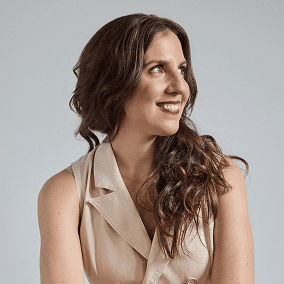FREE SCRIPTS:
Say no without feeling like a jerk
By submitting this form you consent to receive newsletters and promotions via email. You can unsubscribe or opt-out at any time. See our Privacy Policy.
© 2025 Melody Wilding | Website designed by Blush Cactus Branding + Marketing Studio

You’ve got the brains (obviously). You’ve got skills (in spades). Now let’s get you the confidence and influence to match.